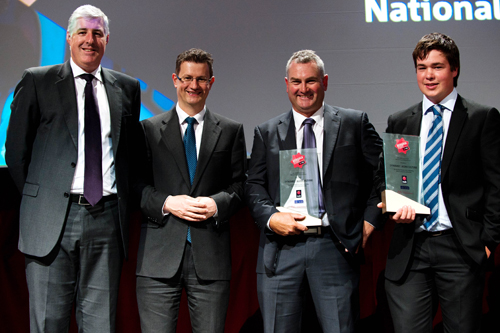
Research shows that student outcomes (including student engagement, attendance, retention and academic performance) can be significantly enhanced when students are connected to and involved with their community. As part of our on-going Global Search for Education sorozat, we shall be occasionally showcasing quality practices in school and community programs from which we hope schools around the world will learn and take inspiration.
NAB iskolák első, supported by National Australia Bank in partnership with the Foundation for Young Australians (FYA) and Australian Council for Educational Research (ACER), operates a national awards program in Australia which has awarded 310 school-community partnerships with $15 million in the past three years to support and sustain those partnerships. Any school in Australia can apply for a NAB School Award and to date over 26% of Australian schools have submitted applications.
The criteria used to assess applications for an award include: 1. The partnership was established to address a need or opportunity that would benefit students. 2. A plan was developed with each partner contributing to the plan. 3. A program was successfully implemented. 4. Students have benefited from the program. 5. The partnership has become part of the culture and planning activities of each partner organization.
Professor Geoff Masters (Chief Executive Officer of ACER) joins me this week to talk further about the NAB iskolák első school-community initiative, többek között. Masters joined ACER in 1988 in the role of Assistant Director (Measurement) and was appointed to the position of Associate Director (Measurement) a 1991 before taking on the role of CEO in 1998. Prior to joining ACER, tagja volt a Pedagógiai Kar a University of Melbourne. Van egy PhD oktatási mérést a University of Chicago, és számos könyvet is írt, és számos folyóirat cikkek területén a pedagógiai értékelés. Ő volt a kedvezményezett az Australian College of Pedagógusok’ 2009 College érem elismerését a hozzájárulás az oktatáshoz.
Miért olyan program, mint NAB iskolák első olyan fontos?
The program was introduced to encourage and recognize the importance of partnerships between schools and their local communities. There is a focus in the NAB iskolák első program on schools forming partnerships with their local communities, including community organizations and local businesses. The idea underpinning NAB iskolák első is that “it takes a village to raise a child.” It’s a question of how the school can engage the local community, how schools can draw on resources and expertise from beyond the school. The program was introduced to encourage schools to think about how they can do that. It was also introduced to recognize schools that are doing this well and to hold them up as models for other schools to follow.
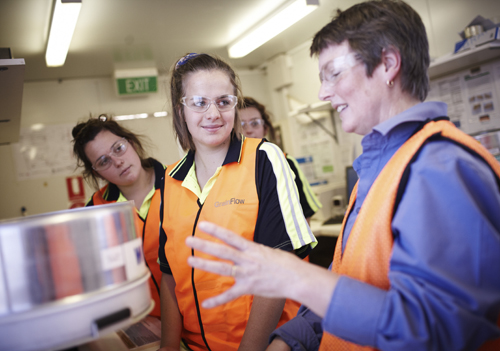
How much of what schools are able to achieve depends on the support of the surrounding community?
Certainly schools can achieve much more if they draw on the resources and support of their local communities. Például, we have found that schools that work with local businesses are often able to provide support to their students in the development of work-related skills and experience. The local community can also be helpful in facilitating transitions of students from school into post school employment. Our experience through the NAB iskolák első program is that communities and businesses often complement what schools are doing in a variety of different ways.
Research done in Canada showed that 70% of the variation in student achievement is accounted for by factors outside of the control of schools.
Certainly students’ backgrounds and out of school experiences impact their performances in schools. Whether a student comes from a poorer background or a higher socioeconomic area is a factor in student achievement. Much of the variation in achievement in schools is explained by factors that are outside the control of schools.
What will NAB iskolák első winners look like in 5 év múlva?
I think they will be quite sophisticated in terms of the relationships they have built. The best kinds of partnerships that we have seen are ones in which there is a benefit not only to the school but also to the partner – the community or business organization involved in the partnership. There is a sharp focus on using the partnership to improve outcomes for students. So there is a strong sense of purpose, and that purpose is focused on the improvement of outcomes for young people. But we have seen partnerships of very different kinds that we have considered to be quite outstanding.
What themes of change do you predict schools will be putting in place to keep up with the changing times, például. the dramatic evolution in technology?
Given how rapidly things are developing, it’s a little difficult to see what the situation might be ten years from now, but I think it is quite clear that students will have increasing access to resources and information beyond the classroom through the internet and through social media. Students will be accessing a much broader range of information through technology and that, persze, will be possible from anywhere in the world. There will need to be a focus in schools on teaching students to separate quality information from other less reliable information.
Students will continue to do much of their work within classrooms, but they will also access a much wider variety of information beyond the classroom. Increasingly rich learning resources are becoming available to students. A jövőben, a significant proportion of student learning may be based on real issues and real problems. Students are likely to work on those issues not only within schools, hanem számos más érintett, beleértve a helyi közösségen belül.
Záró gondolatok A modell iskolákban vagy témák változás, hogy javítsa az iskolák?
In Australia there is a growing interest in what can be done to support schools and to improve what schools are doing. This includes an effort to identify schools that are already doing excellent things. There is a lot of excellent practice in schools that is not always being identified and scaled up. Part of what we are doing through NAB iskolák első is to identify where good practice is occurring and to recognize, reward and share that practice with other schools across the country. Like the rest of the world, we recognize that government programs don’t always deliver the reforms that they were designed to deliver, and we are increasingly recognizing that improvements in student achievement depend on improvements in teaching and learning practices in schools and classrooms. A number of new initiatives are being introduced to support schools in the improvement of these day to day practices. Van a hangsúly Ausztráliában, illusztrált NAB iskolák első, A meghatározásakor és leírásakor kiváló gyakorlatot, majd megosztására és el kell ismerni az ilyen gyakorlat.
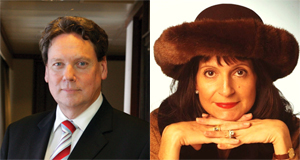

Énn A Global Search for Education, velem és világszerte elismert szellemi vezetők többek között Sir Michael Barber (UK), DR. Michael blokk (US), DR. Leon Botstein (US), DR. Linda Darling-Hammond (US), DR. Madhav Chavan (India), Professzor Michael Fullan (Kanada), Professzor Howard Gardner (US), Professzor Yvonne Hellman (Hollandiában), Professzor Kristin Helstad (Norvégia), Jean Hendrickson (US), Professzor Rose Hipkins (Új-Zéland), Professzor Cornelia Hoogland (Kanada), Mrs. Chantal Kaufmann (Belgium), Professzor Dominique Lafontaine (Belgium), Professor Hugh Lauder (UK), Professor Ben Levin (Kanada), Professzor Barry McGaw (Ausztrália), Professzor R. Natarajan (India), DR. Denise Pope (US), Sridhar Rajagopalan (India), DR. Diane Ravitch (US), Sir Ken Robinson (UK), Professzor Pasi Sahlberg (Finnország), Andreas Schleicher (PISA, OECD), DR. Anthony Seldon, DR. David Shaffer (US), DR. Kirsten Magával ragadó Are (Norvégia), Chancellor Stephen Spahn (US), Yves Theze (Lycee Francais US), Professor Charles Ungerleider (Kanada), Professzor Tony Wagner (US), Professzor Dylan Wiliam (UK), DR. Mark Wormald (UK), Professzor Theo Wubbels (Hollandiában), Professzor Michael Young (UK), és professzor Minxuan Zhang (Kína) mivel azok feltárása a nagy kép oktatási kérdés, hogy minden nemzet ma szembesül. A Global Search Oktatási közösségi oldal
C. M. Rubin a szerzője a széles körben olvasott internetes sorozat, A Global Search for Education, és szintén a szerző három eladott könyvek, Beleértve The Real Alice Csodaországban.


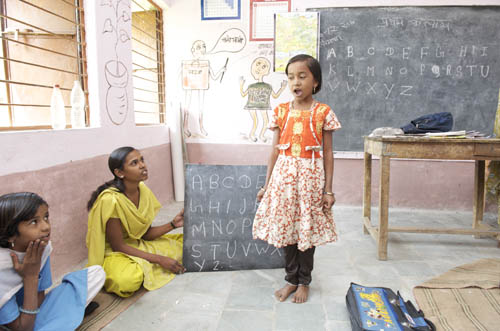
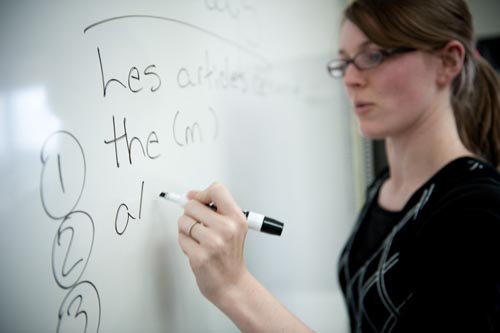
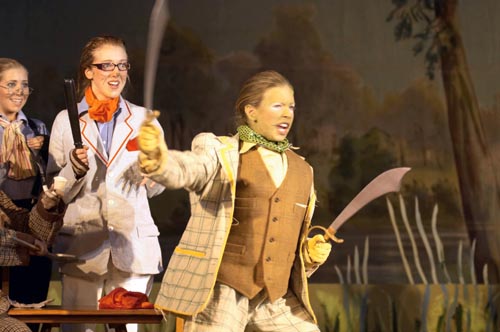
Legutóbbi hozzászólások